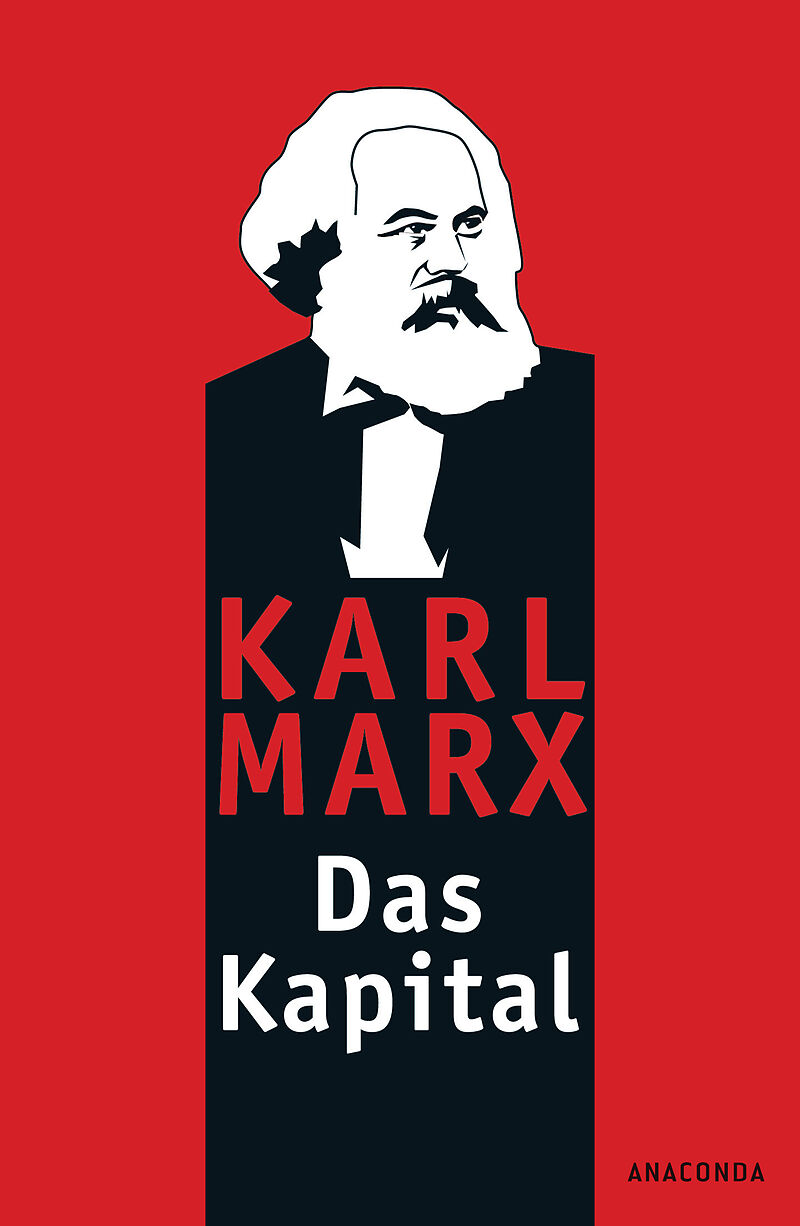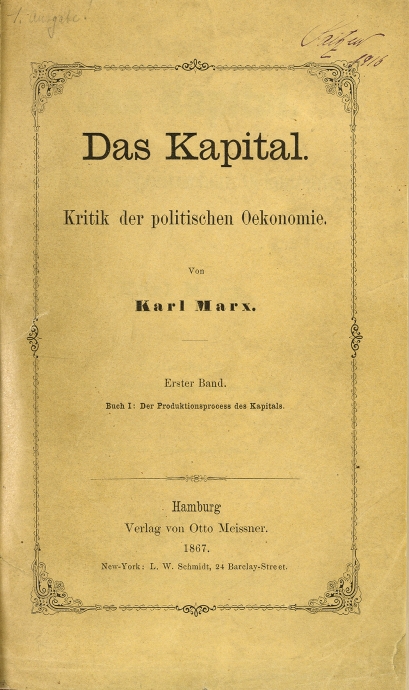

Most likely within the social sciences, united by a deep feeling of dissatisfaction with Finally, a large amount of textual references to the original work is provided, in order to account for the intended fidelity between my own interpretation and Marx's.įinally, I hope that this unfinished manual becomes interesting and useful to students and workers, The form emulates mainstream economics textbooks and manuals, recurring to visual representations and schemes. The content of the text covers the two main levels of capitalist conflict: Class conflict between Capital and labour and competition between individual capitalists. For this educative goal, I propose an easy-to-read summary of the three volumes of "Capital: A Critique of Political Economy", which presents my personal view of Marx's coherent and comprehensive general theory of production and reproduction under the rule of Capital.
.jpg)
It aims to be a guide for the undergraduate student facing introductory economics and seeking to approach Karl Marx's understanding of capitalism. The present text is a minimal manual on Marxian economics. The three volumes together give a comprehensive picture of the workings of a mature capitalist economy and highlight its long-run, contradictory tendencies. In terms of structure, the analysis in the first two volumes is located at the level of “capital in general,” and the analysis in the third volume is located at the level of “many capitals.” In terms of content, the first volume analyses the production and accumulation of surplus value the second volume investigates the problems of realisation of surplus value and the third volume analyses the mechanisms that lead to the distribution of surplus value into income streams of different fractions of the ruling class-as profit of enterprise, commercial profit, interest and rent (and monopoly profit more generally).


The analysis is conducted at two primary levels of abstraction-“capital in general” (where competition between individual capitals is abstracted from) and “many capitals” (where the phenomenon of competition between individual capitals is introduced)-and the presentation is organised into three volumes. Karl Marx’s magnum opus, Das Kapital, presents an analysis of the long-run dynamics of a mature capitalist economy.


 0 kommentar(er)
0 kommentar(er)
